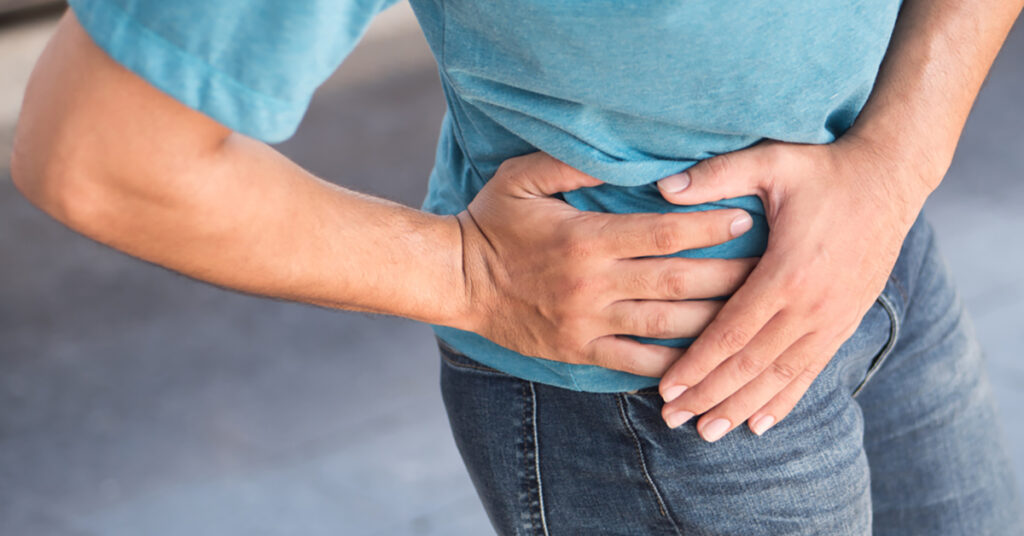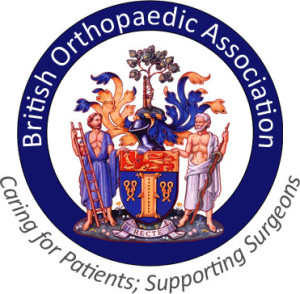Hip pain can quickly impact your quality of life, making everyday activities more challenging and less enjoyable. So, a prompt diagnosis is essential for getting you back on track and free from discomfort.
Hip pain has many different causes, and your hip may not be the source of your pain. Hip problems usually create pain around the groin or down the inside of your hip. If your pain is located around the outside of your hip, your upper thigh or your buttocks, it may be caused by the soft tissues surrounding your hip joint.
You may also be experiencing referred pain, from your lower back, for example. It’s vital to seek medical advice and a diagnosis if your hip pain persists, to identify the cause of your symptoms and the best course of treatment.
Osteoarthritis hip pain
If your hip joint is the source of your discomfort, you may be suffering from hip arthritis. There’s an increased likelihood of arthritis if you’re over 45 and your pain isn’t present in the morning or lasts for less than 30 minutes.
Osteoarthritis is a common source of hip pain, particularly among older patients. It affects millions of people in the UK, causing pain, stiffness and immobility.
Osteoarthritis around the hip joint results in inflammation of the soft tissues and damage to your cartilage. Sometimes, the degeneration of the cartilage causes bony growths to develop around the edge of the hip joint.
We don’t know precisely what causes osteoarthritis, but your risk increases with age, and it’s more common among women. Other risk factors include injury to the joint, overuse following an injury and obesity.
Managing hip arthritis at home
There are a few things you can do from home to help your symptoms:
- You can take over-the-counter pain killers to reduce your pain
- Avoid any activities that exacerbate your condition
- Exercise regularly to improve your fitness and strengthen your hip
- Maintain a healthy weight to reduce the pressure on your joints
- Wear flat shoes and avoiding standing for long periods
Treating hip arthritis
Unfortunately, there isn’t a cure for arthritis. It’s a long-term condition, but that doesn’t mean it will necessarily get worse over time. Sometimes, symptoms improve. We also have several treatments to help reduce its impact on your life.
If your hip pain persists, your GP may prescribe painkillers and/or non-steroidal anti-inflammatory drugs (NSAIDs). Physiotherapy can also be beneficial. Your physiotherapist will show you how to strengthen the muscles around your hip to increase its stability and reduce your pain.
If your arthritis is more severe, and the above measures don’t help, you may benefit from a consultation with an orthopaedic surgeon.
Non-surgical treatments
Mr Nirav Shah is an experienced orthopaedic surgeon who specialises in treating hip arthritis. To find the right treatment for you, he’ll carry out a comprehensive assessment.
Depending on the extent of your arthritis, you may be suitable for non-surgical treatments such as a cortisone injection.
Injecting cortisone into the hip joint can reduce inflammation and pain for weeks or sometimes months. However, cortisone injections are usually a short-term solution, and your symptoms are likely to return without further treatment.
Surgery for arthritis
If your hip joint is damaged, it may be possible to repair it through arthroscopy (keyhole surgery). This is usually carried out as a day case, and you’ll be able to resume daily activities within 1–3 weeks.
If it’s not possible to repair your hip joint, Mr Shah may recommend a hip replacement. Mr Shah has carried out thousands of hip replacements. The latest prostheses have incredible durability and will give your hip a new lease of life, free from pain.
Other causes of hip pain
A visit to your GP or consultation with Mr Shah will identify the source of your symptoms. Other causes of hip pain can include:
- Impingement of the hip joint, where the bones in your hip are misshapen and rub together as you move
- Labral tear, which is a tear in the cartilage surrounding your hip socket
- Hip dysplasia, where the hip socket doesn’t correctly cover and support your femur
- Fracture, which can happen unexpectedly if you have weaker bones
- Soft tissue injury caused by overuse, for example, a hamstring injury
- Bursitis, which is the inflammation of the bursa surrounding your hip joint
- Osteonecrosis, where reduced blood flow to your hip joint stops your body rebuilding healthy bone
- Infection in your hip bones or joint, for example, septic arthritis
- Cancers that start in or spread to your bones
If you’re experiencing pain in your hip, you can contact Mr Shah’s secretary to arrange an initial consultation and diagnosis. Call us on 01907 707373 or fill out our contact form.






